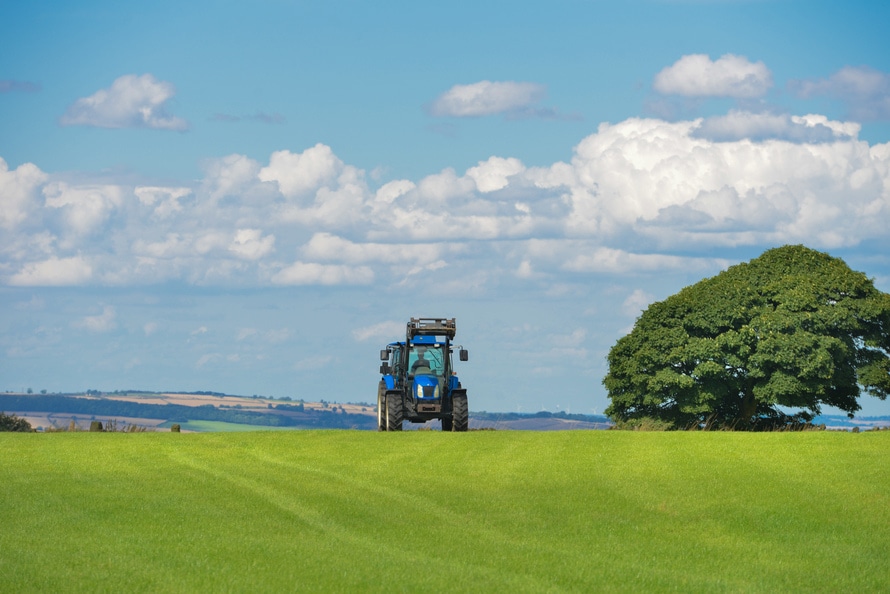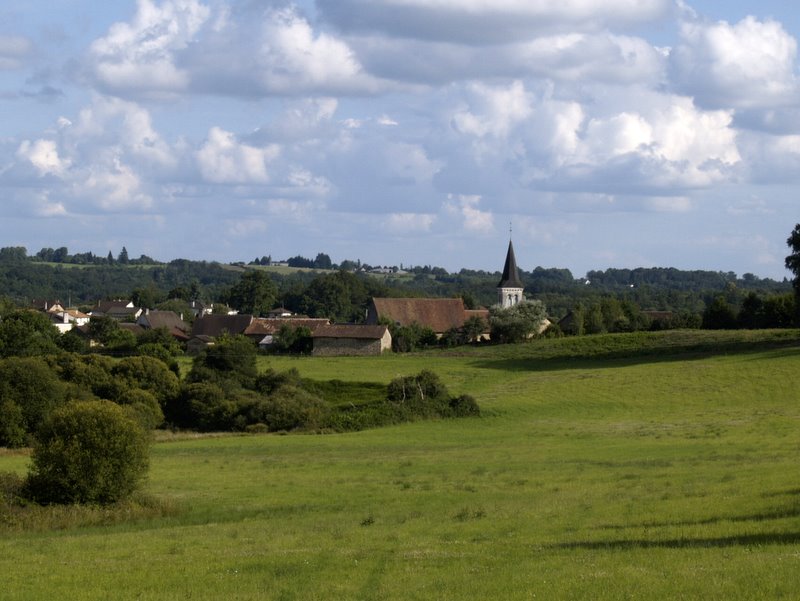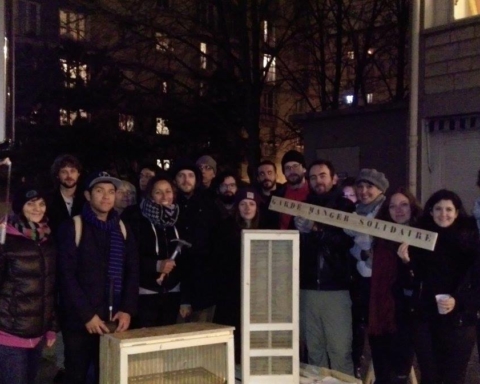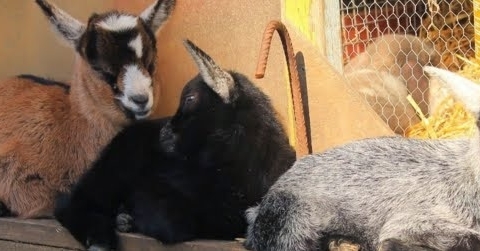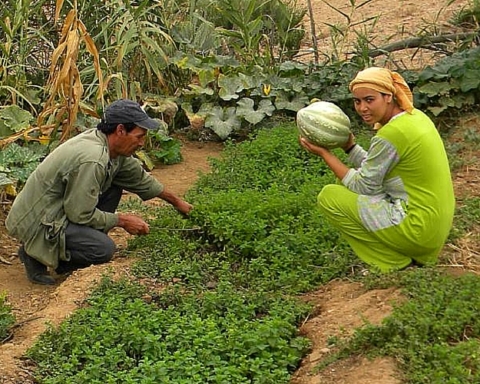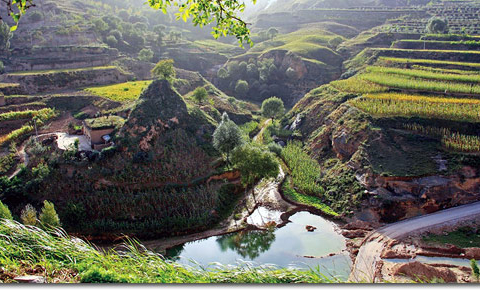The small village of Saint-Pierre-de-Frugie in Dordogne, France, had the abandoned look of a village of the Far West. Time was ticking slowly until Gilbert Chabaud, elected mayor of the region, decided to use ecological means to breathe life into the dying village.
When a visitor goes to Saint-Pierre-de-Frugie in Dordogne today, he has underneath his steps a green and fertile landscape.
Around him lies a hilly and wooded land where bees, butterflies and birds adorn the stunning countryside. The village which is home to some 400 residents breathes with vibrancy.
Yet, a decade ago, the scenery of Saint-Pierre-de-Frugie rhymed with desolation. The streets were erasing themselves out. The houses were being emptied steadily and the only school was altered into an eerie building without soul.
At that time, the small village was likely doomed to be completely deserted.
When Gilbert Chabaud was elected mayor of the region in 2008, he adamantly resolved to do his best to revive his natal village from its ashes. He dearly endeavoured to withhold young people leaving the village in search of employment in towns or cities, and to render the village a cosy place for the elderly to live happily.
He wished to empower the villagers to create a prosperous local community.
Nurturing the firm conviction that ecological means could lead to extensive improvement, he had the brilliant idea to ban all forms of pesticides and plant protection treatments in the village.
It was a decision that some of the people initially greeted with skepticism until they understood that this idea is merely the first phase of a well-rehearsed bigger plan.
Indeed, the new farsighted mayor first objective was to revive the village through permaculture. He was a visionary, calculating on long-term outcomes. He saw the villagers, including farmers, become the emblem of organic agricultural production in the region.
Introduced to permaculture, the inhabitants were quick to learn and started producing and selling organic food.
The villagers become the emblem of organic agricultural production in the region
In the same vein, Gilbert Chabaud designed a shared vegetable garden at the very entrance of the village, producing organic fruits, vegetables as well as medicinal plants. The water used for irrigation is driven by a hydraulic yet ecological system from a neighbouring pond.
Once the environment was enhanced, the mayor decided to acquire the wetlands around the village to launch the next stage of his ecotourism project.
New trails for hikers were consequently opened.
While birds and insects, which once went missing from the area, came back, hikers are equally coming to discover this new lush landscape. To cater for their accommodation, the abandoned school was transformed into a country cottage.
Children residing in the village are now taught according to the Montessori system (which is an alternative educational system) thanks to a teacher who agreed to be part of the ecological transformation of the village.
An organic grocery was equally set up, offering local farmers the opportunity to sell their own production.
The economic depletion that struck the village some years ago was inverted.
Through the sale of cow’s milk, beef, bread, cold cuts, fresh fruit juices, cider, and even beer, the people of Saint-Pierre-de-Frugie can now lead a comfortable life without having to leave the place.
Even if Gilbert Chabaud is happy with his achievements, he however does not plan to stay at this level. His next project is to make the village of Saint-Pierre-de-Frugie completely energy-autonomous. A project that will definitely make the small village even more renowned in France and elsewhere.




